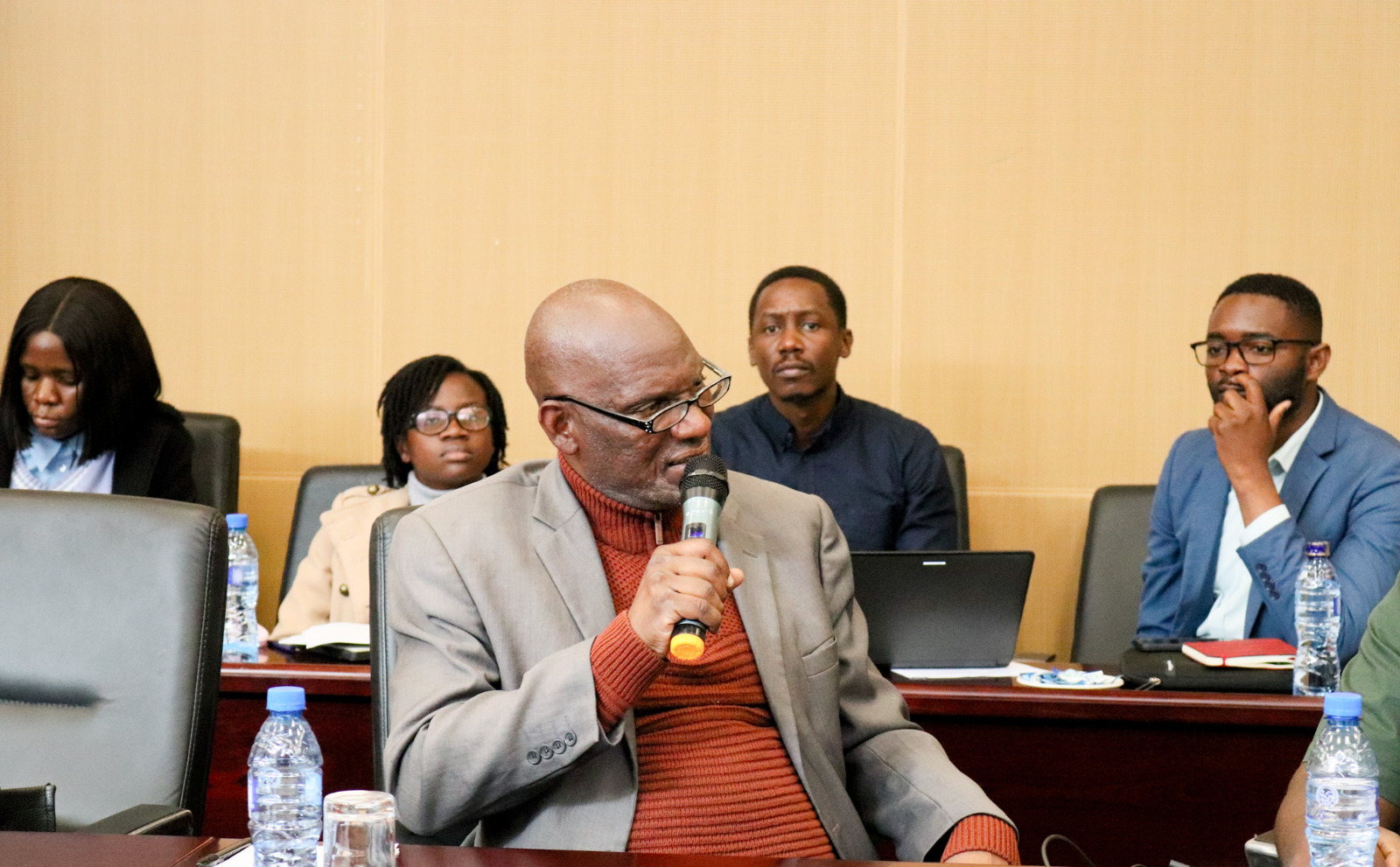
By Happy Mulolani
WITH the current prevailing climatic conditions taking centre stage, Zambia has faced its worst drought ever experienced this year. Amid these challenges, it is key to understand that essentially climate finance is a catalyst for mitigation and adaptation.
Indaba Agricultural Policy Research Institute Research Director Brian Mulenga confirms that indications of climate change are feasible as they are having adverse effects and impacts at different levels in farmer communities. Typically, the drought experienced this year in the region, and Zambia, in particular has had a high intensity which is noticeable.
This presents the opportunity to respond to the challenges and impacts of climate change posed on communities.
“The National Determined Contributions (NDCS) and National Adaptation Plans (NAP), are basically plans and actions which have been proposed and worked on by various experts,” Dr Mulenga asserted.
While these NDCS and NAPs are progressive actions but actualising them requires finances and tangible investments.
In cognisant of these underlying climatic issues and policy frameworks already in place, various sector players felt the need for them to tap into these opportunities in climate financing. This resulted into a symposium on climate finance awareness with various key players held in Lusaka recently.
The objective of the symposium focused on leveraging private sector engagement for climate resilience: Examining mechanisms for mobilising financial resources and investments to support climate adaptation and mitigation projects, including public funding, private sector engagement, and international climate finance mechanisms.
The event was organised by the Indaba for Agricultural Policy Research Institute and supported by the Green Financing Working Group and the Swedish.
Ministry of Green Economy and Environment Acting Permanent Secretary Rayford Simumbwe said climate change presents bold challenges which is affecting communities and ecosystems. The extreme challenges have affected the quality of livelihoods, such as the punishing drought which has affected the energy and water sector reversing significant gains.
Mr Simumbwe revealed that statistics indicate severe climatic conditions which has affected crop yields, which shows a decrease by 50 percent. For instance, the annual temperatures increased to 1.3 leading to prolonged dry spells, while 1.9mm of rainfall has decreased.
Mr Simumbwe was speaking in a statement presented on his behalf by Director Ephraim Shitima in the Ministry of Green Economy and Environment.
In hindsight, to address the devastating effects of climate change requires finance. This is the more reason the National Designated Authority (NDA) becomes key for facilitating this process of accessing finance for various interventions. Ideally, institutions need to seriously consider affiliating to the National Designated Authority, a body mandated to regulate institutions in accessing finance aimed at tackling climate change.
“NDA is a regulatory body mandated to accredit institutions to enable communities [in] tackling climate change. It is calling on various institutions to become members of the body in order to effectively interface in the climate space,” National Designated Authority National Coordinator Billy Katotoka said.
The NDA also plays a key role to ensure institutions are advised on the viability of their proposals in various intervention areas within the climate space.
A participant from World Wildlife Fund Mwila Mukabe, explains that to pursue education and knowledge sharing, improving agriculture practises and technological shift by identifying adaptation measures is apparent if communities are to be assisted to adeptly prepare against any climatic shocks.
Ms Mukabe says it is evident farming communities in the country rely on crop and livestock farming, and are often susceptible to climatic weather conditions. This provides the basis to put in place measures that have a diversified economic base and also strengthen interventions given that there is a close relationship between water and agriculture.
“For instance, some value chains are unlikely to be sustainable hence the need to promote crops that are resilient to promote sustained livelihoods,” Ms Mukabe asserted.
National Farmers Association of Zambia President Frank Kayula explained that it is key for agricultural players to support farmers in other interventions which is likely to give a better return.
Dr Kayula pointed out that smallholder farmers need not only focus on maize but engage in other value chains which gives a higher return with better management.
He said while funds are available under the Green fund, the sad reality is that the funds do not easily trickle down to smallholder farmers partly because of low financial literacy levels thereby affecting uptake.
“Most funds meant for smallholder farmers by-pass them…most of the funds being offered is meant for large scale farmers,” Dr Kayula reiterates.
He stated that presently most smallholder farmers are clinging for concessional rates that exist on the Farmer Input Support Programme (FISP) as they leverage on their capacity to repay.
However, Dr Kayula hailed the financiers for working closely through intermediaries to provide different financial services to smallholder farmers.
Therefore, priority needs to be given to capacity building and identify smallholders who have the competences to handle finances, utilise funds efficiently and have the capacity to repay. While, they have been policy formulations and regulations, but the central issue at hand is climate financing.
